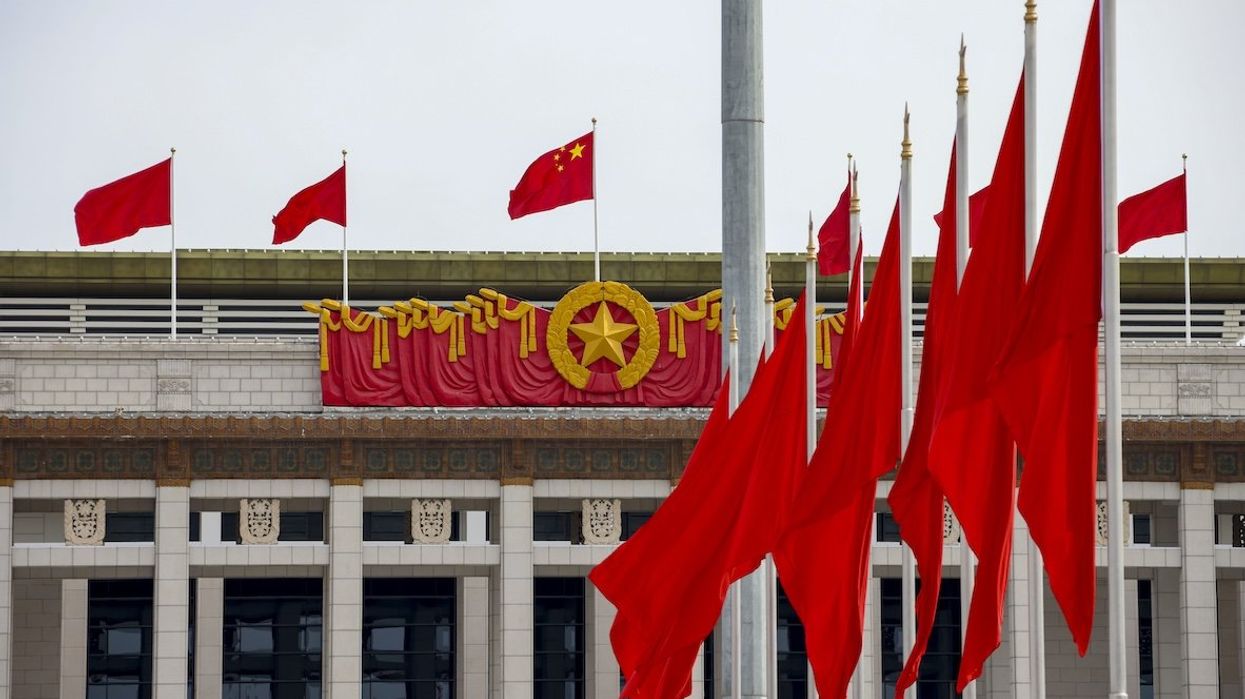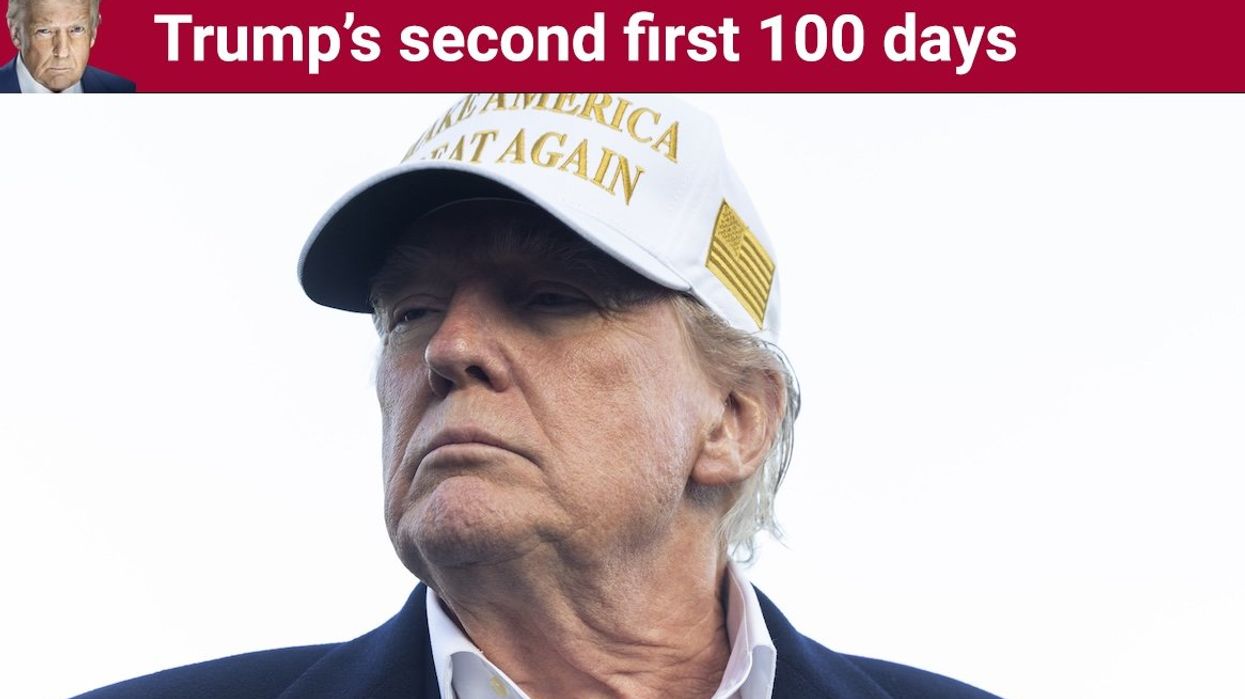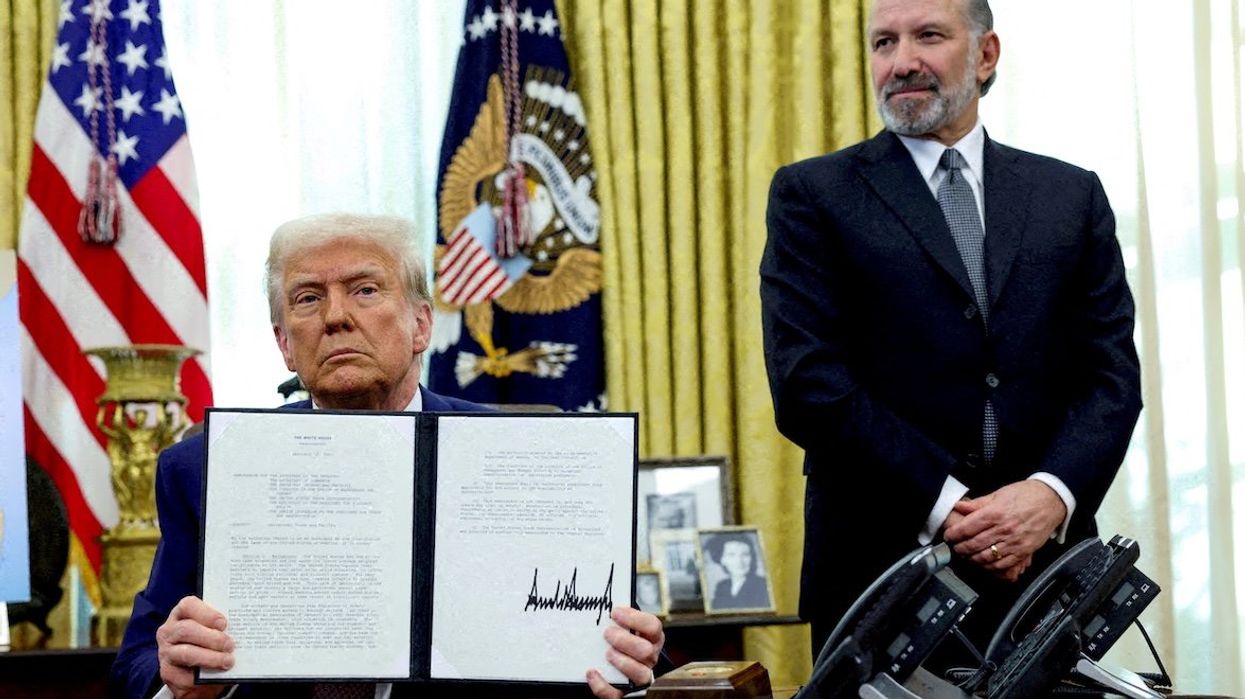The Philippines will hold midterm elections on May 12, with all 317 seats in the House of Representatives, half the 24-member Senate, and various provincial, city, and municipal positions up for grabs. The winners will take office on June 30, with terms of six years for the senators and three years for all other officeholders.
President Ferdinand Marcos Jr. hopes to maintain his control of Congress as he seeks to advance his legislative agenda and expand his influence at the expense of former president Rodrigo Duterte’s political faction. In July, the new Senate will hold an impeachment trial for Vice President Sara Duterte-Carpio, who is the former president’s daughter and has repeatedly clashed with Marcos.
We asked Eurasia Group expert Peter Mumford what to watch for in this weekend’s vote.
What are the most important races?
The focus is really on the 12 Senate seats up for election; the House tends to align with the sitting president regardless of its composition. Marcos’s coalition currently consists of six parties in the Senate and nine in the House. Political parties have long been weak in the Philippines, so the concept of a “majority” is very fluid, especially in the Senate, which often acts independently of the president. Officially, the Senate is broken down into “majority bloc,” “minority bloc,” and independents – but “majority” refers to those senators who support the Senate president. This maps roughly, but not precisely, onto the coalition supporting Marcos (or not). There are members of the same party in both the majority and minority blocs, for example. It is therefore easier, but more subjective, to map out the senators who support Marcos and those who do not.
So, what are the stakes in the Senate races?
There are two main implications. First, and more significant for Marcos’s agenda, is whether Marcos retains majority support in the upper house; failure to do so would make it harder to pass proposed economic legislation, including a power sector overhaul aimed at lowering high electricity prices and modest revenue-raising measures designed to trim the large budget deficit and provide more resources for social spending priorities. Second, Duterte-Carpio’s political future is at stake following her impeachment by the House earlier this year on charges of high crimes related to death threats against the president and betrayal of public trust related to alleged misuse of intelligence funds (please see more below).
What are the most important issues for voters heading into these elections?
Surveys show that cost-of-living concerns are by far the biggest issue for voters. The Philippines has been grappling with relatively high inflation in recent years, with food prices a particular concern; price rises have slowed in recent months but that has not yet translated into shifts in public opinion. According to a recent poll, 79% of Filipinos disapprove of the administration’s efforts to control inflation, with just 3% approving. After cost-of-living, voters’ main concerns are pay, corruption, crime, and poverty.
How do the candidates propose to address these concerns?
They have made generic promises about tackling poverty but offered little in terms of specific measures. Philippine elections, especially those for congress, are primarily driven by the personalities and name recognition of the candidates. Many voters will be casting their ballots on the basis of who they know and like, rather than the policy or ideological views of the candidates. It’s worth noting that six of the top 12 candidates in polls are show business personalities; another popular figure is the former boxer Manny Pacquiao, a senator who is running for reelection.
How does the feud between the Marcos and Duterte clans play into election dynamics?
The battle for influence between the country’s two most powerful political dynasties sets the backdrop for the midterms. The upcoming polls will not have an impact on how long Marcos serves as president: He is bound by a single six-year term limit and is very unlikely to be impeached or removed by a coup before his terms ends in 2028. But the outcome of the upcoming Senate poll will determine whether Duterte-Carpio is removed from office and banned from running for public office again. Duterte-Carpio is the early favorite for the 2028 presidential election and the Marcos clan likely hopes she is prevented from running, making it easier for a member of the president’s family or another ally to succeed him.
Duterte-Carpio’s Senate trial is due to begin in late July. If two-thirds (16) of the senators vote against the vice president, she will be removed from office and probably barred from holding other government offices in the future (there is some debate about whether the latter would automatically apply if she is found guilty). She needs only nine senators to vote against or abstain. In addition, the outlook is complicated by the fact that some senators counted in the “pro-Marcos” majority, as they tend to support the administration’s bills, are actually closer to the Dutertes and will likely oppose her removal. That said, the president could press allies to vote against her.
Edited by Jonathan House, Senior Editor at Eurasia Group.


















